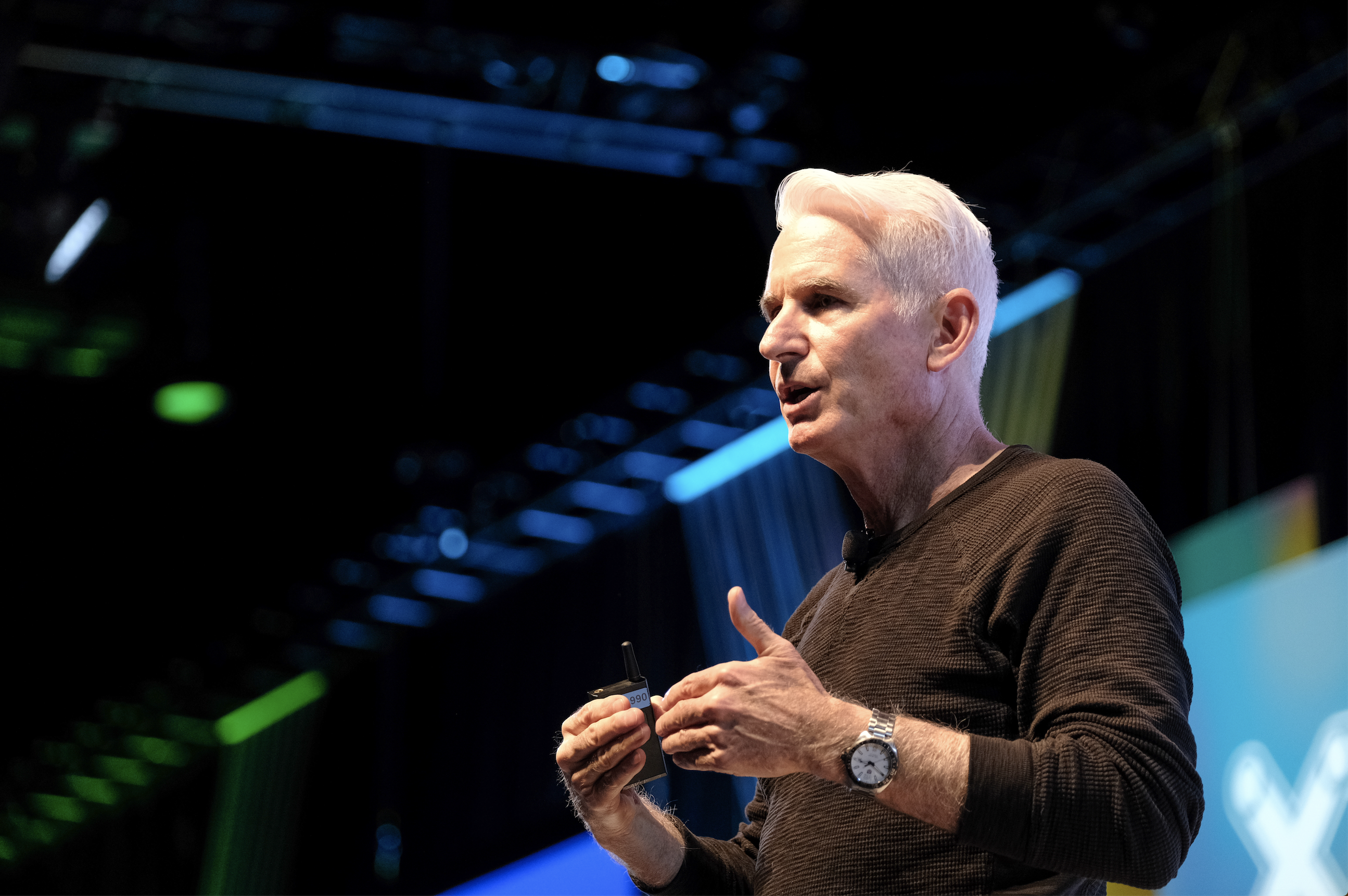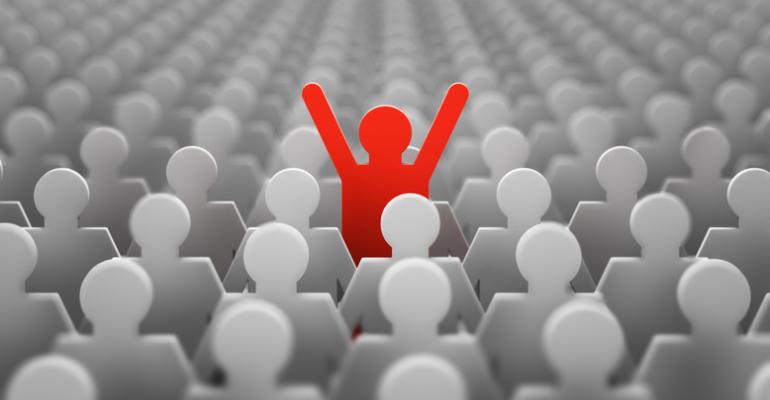Given the talk of coming recession and the availability of virtual meetings now, the case for holding in-person events must be presented to executives, and to attendees, more convincingly than ever before.
Specifically, planners must show that their upcoming events do not suffer from "better sameness." That term refers to an event that is largely similar to previous versions, just with a different reception venue or some other "new coat of paint" that is mostly superficial. Unfortunately, too many business events don't move the needle on impact and experience compared to their previous versions. Yes, budget is a factor, but it's a mistake to think a big budget is necessary for great experiences.
Instead, planning teams should assess their events through four dimensions: physical, physiological, emotional, and intellectual. Doing this ensures that the needs of attendees are met on several levels so that they are impacted as deeply as possible—gaining new perspectives, insights, and feelings from the experience.
Physical: The physical dimension is the platform upon which a live experience is built: the geographic location, venue, staging, seating, spacing, etc. The physical dimension of an event must be designed to support an environment that promotes learning, inspiration, enjoyment, and effective communication.
Physiological: The physiological dimension represents the human needs and requirements that create optimal conditions for having receptive attendees. Proper sleep ahead of time is important (and your event schedule can account for this), but also elements like physical movement, hydration, and nutrition around the sessions are all key factors that planners can greatly control.
Emotional: Don’t be naive—the majority of all decisions are driven by emotion. The emotional state you build throughout an event is crucial to your audience feeling connected to the situation, being receptive to it, and forming relationships with others who are there. Delivering an emotionally engaging environment through lighting, color, music/sound, pacing, and social engagement is a necessity.
Intellectual: All events are designed to influence knowledge bases and beliefs, and ultimately to change behavior. Creating an environment that inspires having an open mind, learning new things, and then sharing and gaining perspective with others is essential.
 Don Neal at ASAE's Great Ideas 2019 conference
Don Neal at ASAE's Great Ideas 2019 conference
How do you get started on affecting these dimensions of your upcoming events? Ask yourself how each of the human senses was represented at your prior events, and how much they can be tapped into at your next event:
What does the experience look like? Is it a serious classroom set, or collaborative round tables, or pod seating with soft chairs? Is there natural light and visual variety throughout the spaces? Are the surrounding colors relaxing, or boring, or distracting?
What does the experience sound like? Are you playing music with a tempo to match the desired mood for each session, or is there silence?
What does the experience feel like? People can’t focus if they are too cold or too hot. Is the room comfortable, and are there areas of the room for people to move into if they get fidgety? Also, is the schedule packed? Do people feel rushed? Are there buffered spaces for them to step into in order to relax and recharge for a few minutes?
What does the experience taste like? With meals and refreshment breaks, make sure there is some flair in the presentation plus variety of color in the offerings as well as good nutrition and, of course, good taste.
What does the experience smell like? From fresh-baked cookies to the scent of the outdoors, this is something that attendees don’t think about until they notice it. But smell is the deepest, most primary sense we have—so don’t miss opportunities to activate different parts of attendees’ minds and elevate their mood and concentration using scents.
Formerly the CMO at Marsh & McLennan, Don Neal is the founder and CEO of 360 Live Media, an experience-design and marketing agency catering to associations.





